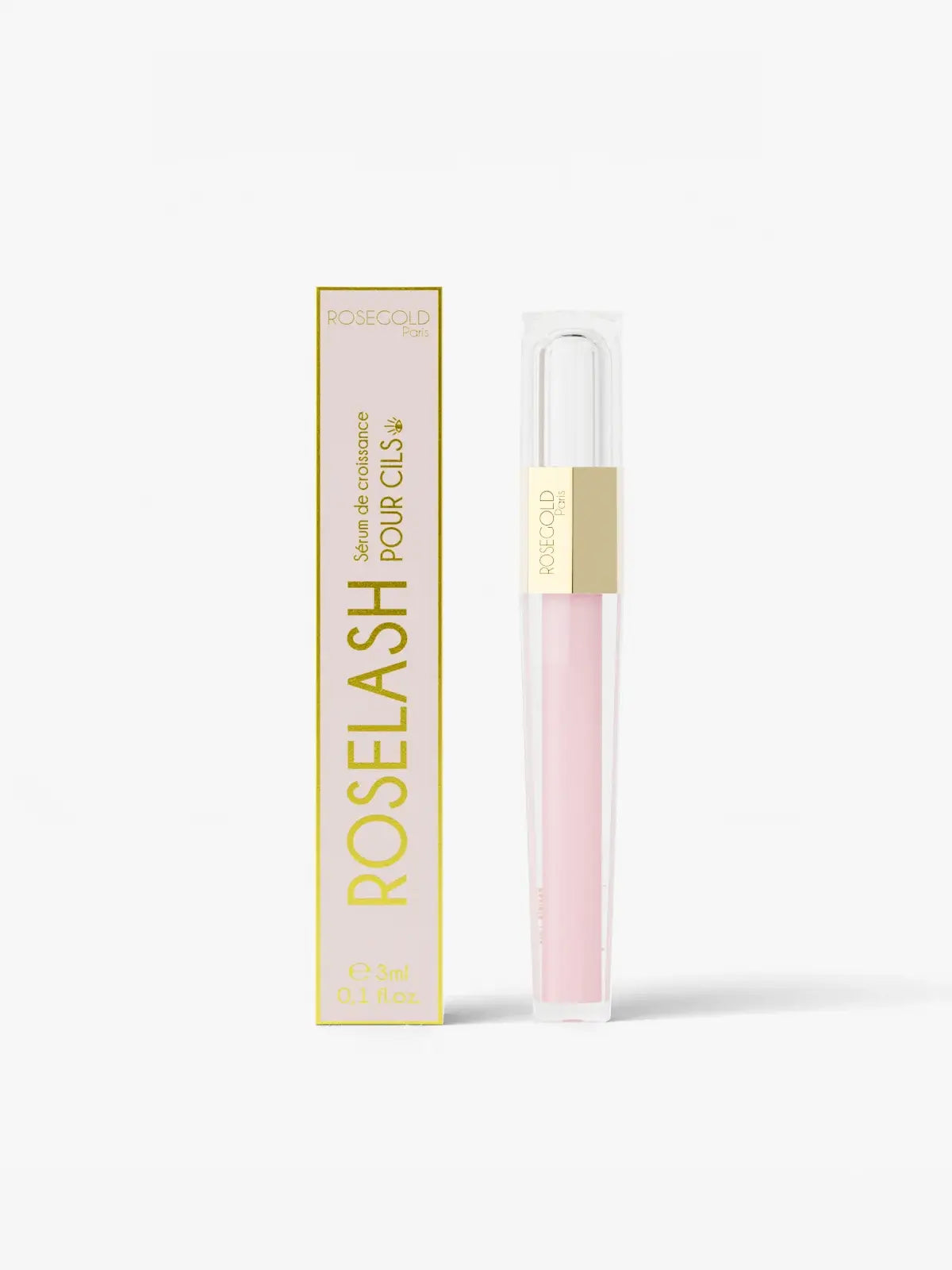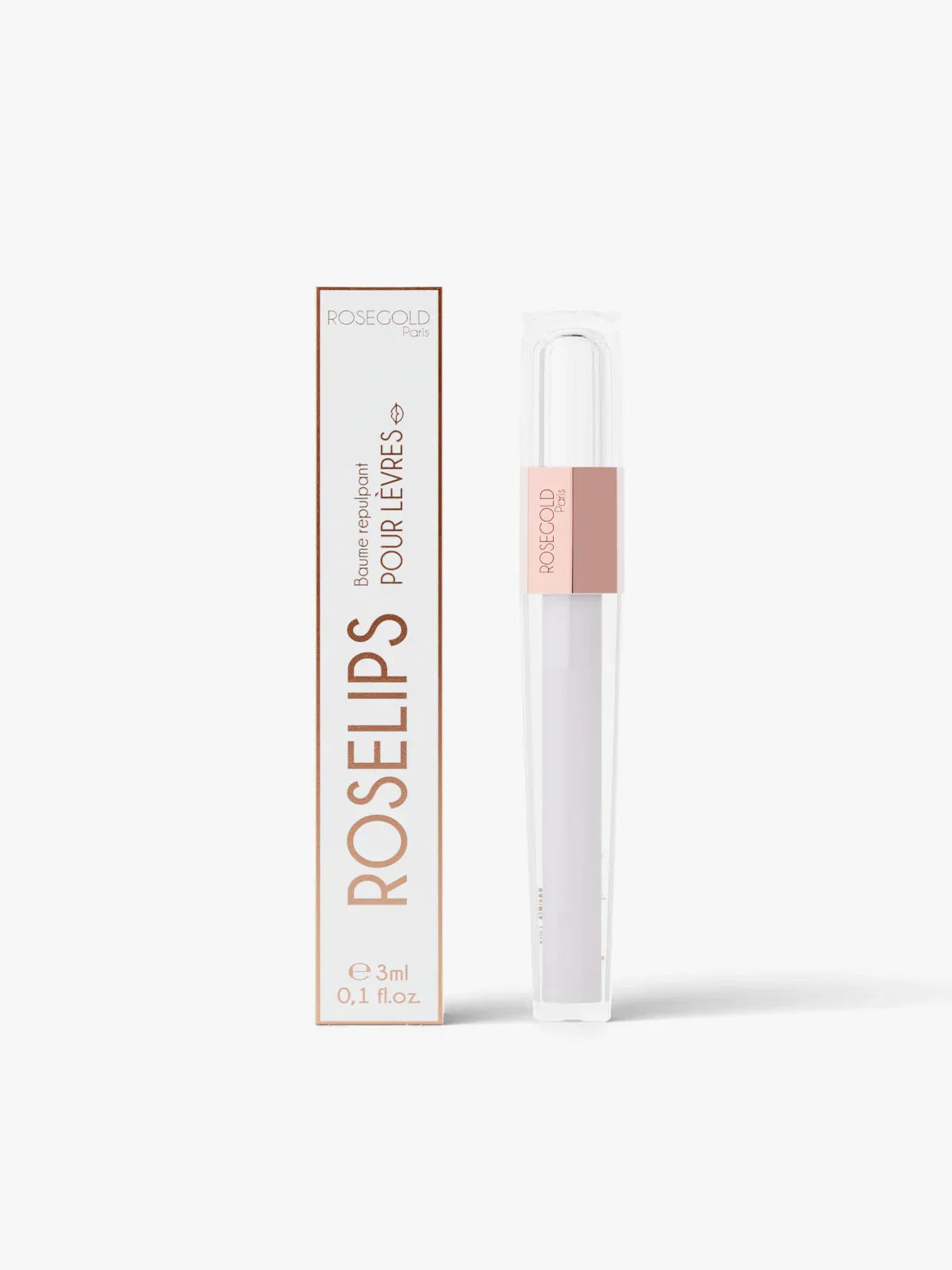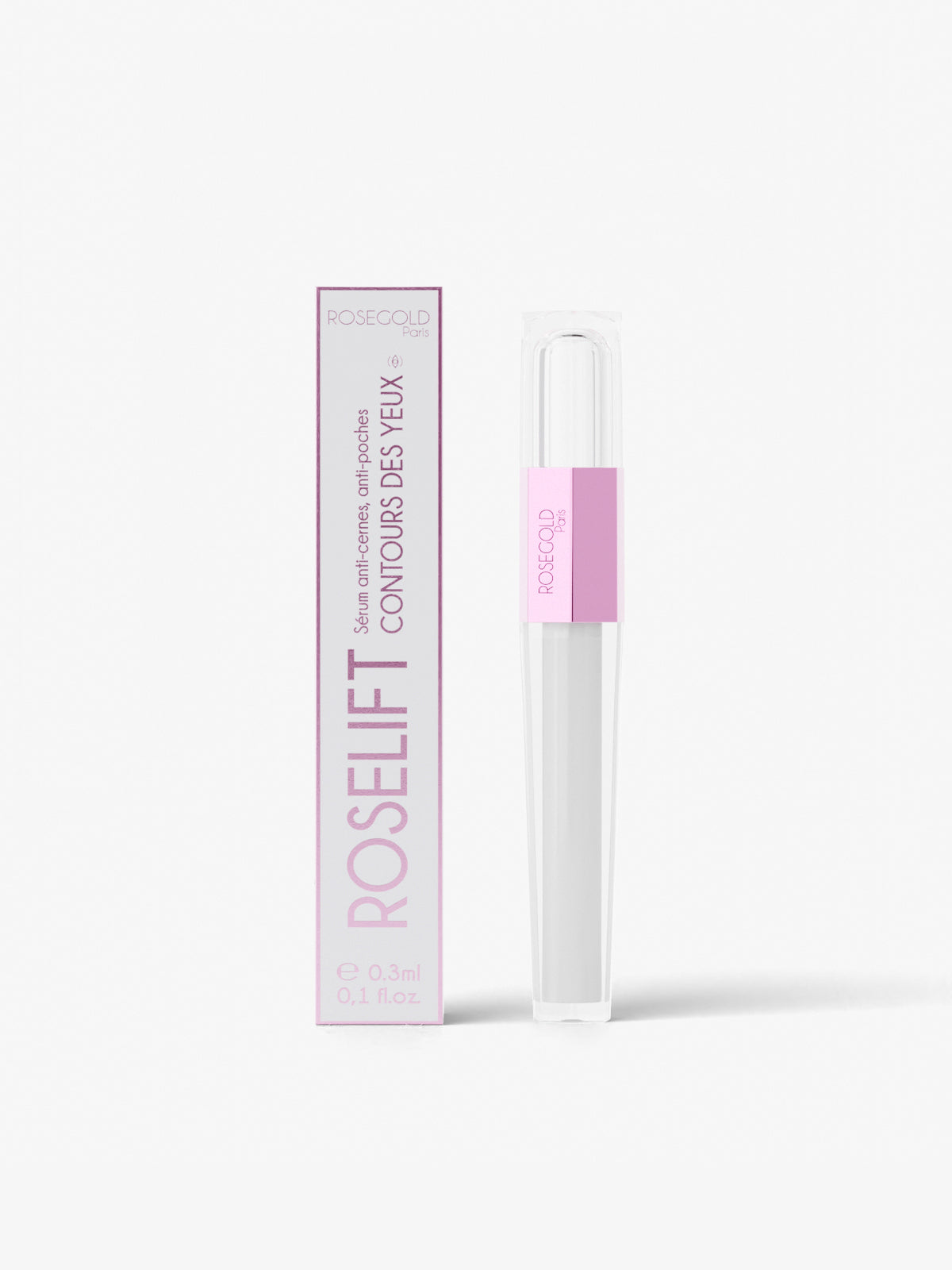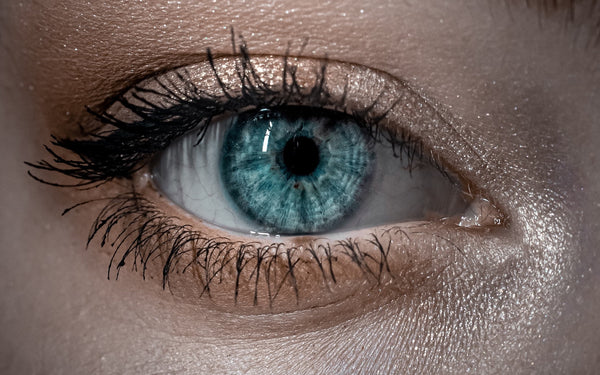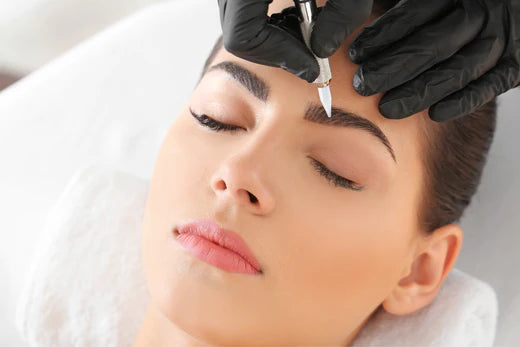
To keep your skin clear, supple and healthy, sunscreen should be applied every day, without exception, summer and winter alike. But how do you choose the one that's right for you? Here's how.
Why is sunscreen essential?
Sunscreen is important. We hear about it all the time, but it's important to understand why.
As you know, our beloved sun, which provides us with the vitamin D we need to keep our spirits up, our bodies healthy and our skin glowing, can also be very harmful. When we have too close a relationship with the sun, our skin suffers, sometimes to the point of no return. Like all good things in life, you mustn't overdo it, and above all, you must know how to protect yourself. That's where sunscreen comes in. There are several reasons why it's essential to apply sunscreen every day to your face and all exposed areas. The sun's UV rays, which are particularly harmful to the skin, can cause long-term damage such as premature skin ageing, wrinkles, brown spots (pigmentation spots linked to hyperpigmentation), withered skin, oily skin, sunburn and an increased risk of skin cancer.
Even if you don't spend all day outdoors, you're still exposed to UV rays on your daily commute, even through the windows of your home or car. This permanent exposure can also cause skin damage, especially for people with extreme sensitivity... In this case, sunscreen is an unbeatable asset that will help your skin suffer less from the sun's ravages. Don't wait until you're lounging on the beach to put on sunscreen - make it an automatic part of your beauty routine! Make it part of your summer and winter beauty routine , and your skin will thank you.
Découvrez notre sérum cernes
SPF15, 30, 50... Better understand the indexes indicated on protections

The SPF (Sun Protection Factor) is simply the measure of a sunscreen's ability to protect the skin against the sun's UVB rays. The higher the SPF, the greater the protection against UVB rays. The more sensitive the skin, the higher the SPF worn.
SPF 15:This factor offers protection against 93% of UVB rays. It is suitable for people who don't spend a lot of time outdoors, or whose skin is not very sensitive to the sun (dark and matte skins). This is the lowest SPF, so it can also be used in cloudy winter weather.
SPF 30:An SPF30 sunscreen promises protection against 97% of UVB rays. It is recommended for daily use by all skin types, especially if you are often outdoors and for the first exposures in spring.
SPF 50: this is the highest level of protection, providing protection against 98% of UVB rays. This index is recommended for fair skins, sensitive skins, children, people with a high sensitivity to the sun, and for everyone in the middle of summer! No more nasty sunburns.
A little extra to know
It's important to note that the SPF index only measures protection against UVB rays, those that cause sunburn. UVA rays, which cause skin aging, are also harmful to the skin, but are not measured by the SPF index. For the best protection, choose a broad-spectrum sunscreen, i.e. one that protects against both UVB and UVA rays. What's more, it's advisable to reapply your sunscreen every two hours, especially if you're sweating or swimming...
Découvrez notre sérum cernes
The different types of sun protection

For a long time, we were familiar with the single cream that was sticky, had chemical filters and was far too conspicuous. Nowadays, the sun product market has expanded considerably, offering solutions that are as healthy as they are discreet and effective for flawless skin protection.
Sun oil, the most pleasant
It's like smearing on a comforting body oil. Sun oil has a soft, comforting texture and is easy to spread. In addition to its UVB and UVA protection, it is very often formulated with moisturizing body ingredients (plant butters or natural oils) to keep skin protected, nourished and soft. Ideal for dry skin. Aesthetically, it leaves a lovely, shiny finish on the skin, which really makes a difference in summer when you're tanning! Sunscreen oil is generally available in spray format, making it one of the most convenient products to apply.
It's important to choose a sun oil formulated for your skin type and to test it on a small area before regular use.
The original sun cream
With its creamy, fluid and penetrating texture, sun cream is probably the top 1 most widely used sun protection product. Long underestimated because it used to be difficult to spread and unpleasant on the skin, it is now preferred for optimum protection. In fact, it's sun cream that prevails when it comes to protecting facial skin. Brands have understood this, and now offer a growing range of special facial sun creams designed to care for the skin, with anti-aging, ultra-moisturizing, anti-blemish, nourishing, anti-spot and other active ingredients. To find the one that's right for you, don't hesitate to ask for samples so you can test the formula before settling for the larger format.
Notez que la crème solaire spéciale visage se pose en dernière étape de la skincare routine. Dans l'ordre on applique : son sérum visage, son sérum contour des yeux, sa crème visage et enfin sa crème solaire.
Sun gel, the most refreshing
Easy to apply, suitable for all skin types, ultra-fresh, easily absorbed by the skin and light in texture... sun gel has it all. It's the ideal option for those who like to avoid smearing creams or oils on their body. With its neutral, non-sticky finish, sun gel is virtually imperceptible. The real plus? Its water-resistant formula (which is often stronger than that of creams) makes it doubly effective protection against ultraviolet rays, even in the event of sweat or contact with water. This means fewer touch-ups during the day, and more peace of mind when you're out and about.
Solar water, the latest trend
Sunscreen water has overtaken suntan lotion and arrived in our vanities to take care of our skin. Tested and approved by the editorial team under the scorching sun of Portugal, suntan lotion is devilishly practical! Generally available in spray form, a few spritzes here and there are enough to provide the skin with an effective protective barrier against UVB and UVA rays. Touch-ups are obviously necessary, especially if you're going in the water, but on the whole this form of protection holds its own, while allowing the skin to tan as it should. Sunscreen water is easy to apply, even to hard-to-reach areas like the back and shoulders. It can be sprayed onto the skin and doesn't require rubbing or spreading, making it practical for use on the move or at the beach.
Découvrez notre sérum cernes
Do I really need to apply sunscreen to my hair?

If you were still in any doubt, sun protection is a necessity for beautiful hair and a healthy scalp. Unlike the skin, it doesn't have to be applied 24 hours a day, summer or winter, but it shouldn't be neglected during the summer months. Whether your hair is black, blond, white, red or any other color, there are several reasons why it's important to apply sun protection to your mane:
UV protection.
This is, of course, reason number 1. The sun's UV rays can cause hair damage such as discoloration, dryness, brittleness and breakage. Color-treated and chemically-treated hair is even more vulnerable to sun damage. Using sunscreen protection for hair can help minimize this mistreatment.
Maximum hydration
Prolonged exposure to the sun can dry out hair, making it more fragile and brittle than it already is. Sun protection products for hair often contain moisturizing agents, such as vegetable oils, plant extracts and vitamins, which help to keep hair hydrated and prevent dryness.
Good protection against external aggression
Hair sunscreens can also help protect hair from the outside elements, such as wind, heat and humidity, which can also cause serious damage to our manes.
Preventing frizz
Suncare products for hair help prevent frizz caused by humidity and the sun. They can also help maintain hair's natural texture, while protecting it from the elements, as seen above.
Be vigilant when choosing your sun protection product. While there are fewer and fewer suncare products that are harmful to health and the environment, it's still a good idea to take a close look at the composition of your sunscreen. Make sure there are no endocrine disruptors, choose a suncare range suited to your skin type, avoid chemical filters and opt for products that respect the environment and the oceans. The latter carry the Ocean Friendly label.
